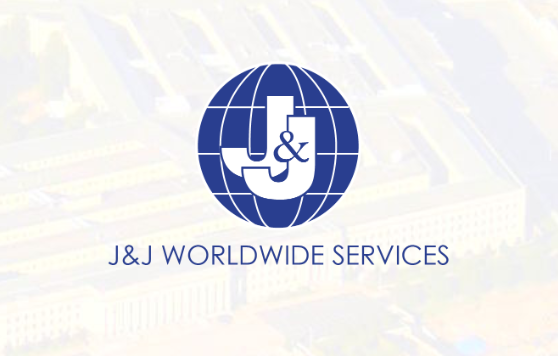CMMC Compliance for Private Equity
Private equity is becoming a major force in the defense industrial base acquiring manufacturers, AEC firms, and solution providers with ties to DoD contracts. But with those deals come complex CMMC obligations that can directly impact contract eligibility and company valuation.
Top CMMC Pain Points in Solution Implementers
Decentralized Ops
Dozens of operating companies (Opcos) with some handling CUI, ITAR, or EAR-regulated data.
Unknown Risk
Many acquisitions lack clear visibility into their defense obligations or how far CUI spreads.
Shared IT
Holding companies often centralize IT or HR, but shared infrastructure is often non-compliant.
Exit-Ready Compliance
You need CMMC without inflating costs or losing certs during future sale events.
Options for Private Equity
Flexible, scalable approach based on your exit or holding strategy.
- Host multiple Opcos in one shared Gov Cloud enclave
- Or deploy individual enclaves per Opco for sell-off readiness
- Supports engineering tools + secure data segmentation
- Keeps CMMC certification with the asset when sold
Ideal for: Firms balancing hold/sell strategies or spinning up 8(a) entities
For defense-heavy Opcos that require full migration.
- Full GCC High environment per company
- Includes licensing, implementation, and managed support
- No dual systems—fully compliant from user one
Ideal for: Opcos where >15% of users handle CUI
%20(12).png)
Frequently Asked Questions
- Disclosure of existing CMMC or DFARS 7012 obligations
- Current SPRS scores and supporting documentation
- Affirmation of CUI scoping
- Remediation timelines and accountability post-close
- Verify all SPRS scores with evidence
- Conduct enclave scoping and gap assessments across your portfolio
- Document flow-down compliance and subcontractor controls
- Build a compliance roadmap aligned to CMMC Level 2
- Ensure any shared service models don’t cross compliance boundaries
"We wanted to be a company that was known for partnering with the best. We knew Summit 7’s Microsoft G5 License with its compliance suite would increase our value to a potential buyer – they would know we are aligned with a partner that is truly the best in class."
– Jeff Smedley, J&J Worldwide Vice President and Chief Information Officer
J&J Worldwide Services: Enhancing CMMC compliance with Microsoft Purview and the M365 G5 License Stack
J&J Worldwide Services (J&J) provides a variety of facility services, facility management, and operational support for Department of Defense military bases.
As a prime DoD contractor and with federal contracts as their chief source of revenue, it was imperative that J&J find a premiere provider to maintain compliance and safeguard their top revenue stream.
As a fast-growing company J&J saw their compliance posture as a key strategy for increasing their value to potential buyers.
Speak with an Expert
Our team of compliance and cybersecurity experts are on standby and ready to help. Fill out the form and someone will respond shortly to set up a time that works for you.
